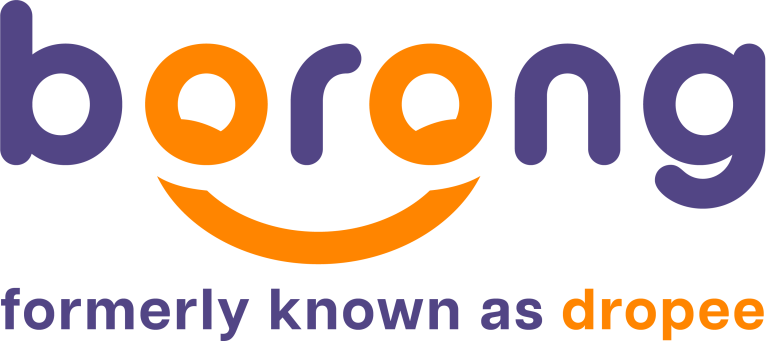In the APAC region, SMEs are one of the biggest contributors to the economy. They account for 98% of enterprises and 50% of total employment. However, obtaining bank loans has always been a common setback SMEs face.
Small businesses lack collateral and consistent cash flow to qualify for loans. And as they are new businesses, SMEs have poor or insufficient credit scores, which means they have to pay higher interests.
Since the Covid-19 pandemic, getting bank loans have become even more difficult. Not only is it a lengthy process, but banks have also reduced SME funding to minimise risk at this critical time. While only 7% of financing requests by multinational companies are rejected, over half of loans by SMEs are rejected.
Here are the common reasons SMEs struggle to get bank loans approved.

Why Applications for Bank Loans Get Rejected
The Business is Too Young
When applying for traditional financing, SMEs are often told that their business is too young. Banks typically require a business to be at least two years old to qualify for loans. This is because a business has to prove that it can be successful and sustain itself for a period of time.
A proven track record shows that a business is profitable and is not a risky investment. But what about new businesses that require capital to start off? Getting loans from a bank as a small business is difficult, which is why alternative funding is needed.
Lack of Collateral
Many banks require SMEs to have collateral to secure loans in case of a default. Collateral is any property, whether personal or business with value and can be used as a secondary form of payment.
New businesses likely do not have collateral like commercial real estate or equipment to guarantee the loan. New SMEs that lack business infrastructure often have to put up their personal properties as collateral, which is risky.
Poor or Insufficient Credit
Having a low credit score can break your chances of getting small business loans. Banks make decisions to lend money based on a business’s past payment history and credit reports. This helps them determine if you are able to pay them back on time.
That said, a new business likely hasn’t had enough time to build up a sufficient credit history. In many business loans, banks would refer to personal credit reports instead, to determine creditworthiness. Business owners with less than perfect credit history are less likely to get loans approved.
Low Income
Credit history is not all that a bank looks at to determine if a business is eligible for loans. The income of a business also plays a huge role in whether or not bank loans get approved.
Banks place great importance on a business’s income as they show if the business is capable of servicing its debts. If you lack steady income to cover your business expenses, your financing application is likely to be rejected as the bank won’t be convinced that you can repay loans.
How to Improve Chances of Getting Bank Loans
Without financing, SMEs can’t stock up on goods or pay for expenses, which impacts their income and ability to sustain the business. But the requirements to qualify for business loans can be difficult to meet if you are just starting out. The hurdle is even bigger in APAC countries, which are still highly reliant on cash – leading to insufficient documentation.
How can you improve your chances of getting loans from banks?
Improve Your Credit Score
For new businesses, banks will look at both your business and personal credit scores to assess your creditworthiness as your business alone likely has an insufficient credit history.
To improve your chances, access your personal and business credit reports and resolve all negative items such as late payments. Aside from reviewing your credit reports, you can improve your credit score by getting credit cards or trade credit terms. If you make payments in a timely manner, they can increase your creditworthiness and show that you are capable of paying back debts.
Maximise Your Income
Increase your monthly gross against debts. It will demonstrate to banks that your business can continuously secure enough income to repay your debts. Ramping up your sales volume while keeping debts in check is the quickest way to improve your odds of getting loans approved.
If you are a retailer, your goal should be to sell more products by stocking up more. However, buying inventory require even more capital that new businesses don’t have a lot of. This is where credit terms come in to help you order inventory without any upfront payment.
Buy Now, Pay Later with Dropee’s Credit Terms
Dropee Credit allows you to order inventory from us without paying first. When you use Dropee Credit to stock up, you won’t be charged until 60 days later and there is no interest fees or extra charges incurred.
Essentially, you can sell the products first and use the profits to pay for it later – giving you ample time to make sales and have more cash-in-hand. This is crucial to maximise your income without having to put up extra capital, and to increase your odds for getting bank loans. At the same time, buying inventory with Dropee Credit and paying on time after 60 days will improve your credit history as it shows that you are capable of timely repayment.
Click here to apply for Dropee Credit and increase your chances of getting bank loans!


